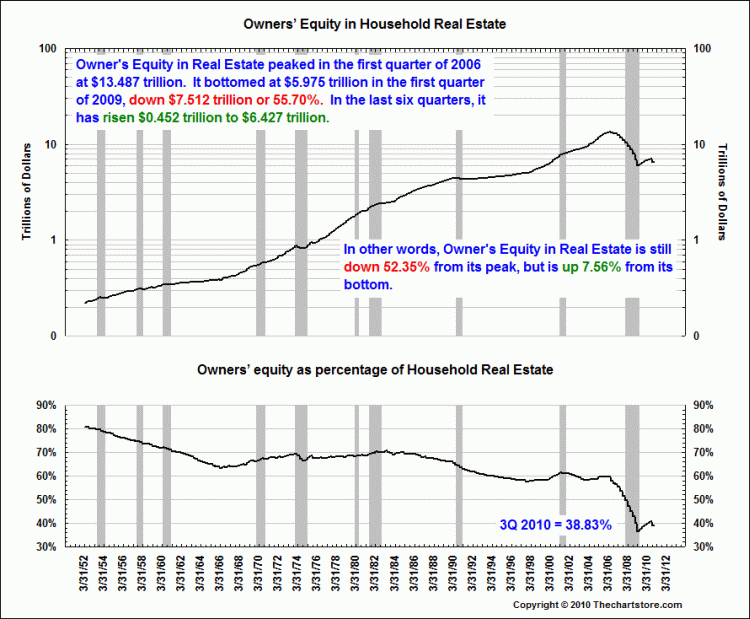The earliest Cassandra in this little mini-series (so far), famed for seeing big problems early and cashing in on them,
James Chanos. The articles below stretch all the way back to September 2009, long before the cool kids got into the making calls on China game.
AdvisorAnalyst.com September 2009
Major investors are starting to question whether Beijing is telling the truth. "I think the story is getting harder and harder to believe," says widely followed billionaire investor and hedge fund manager Jim Chanos.
Business Insider November 2009
Chanos is reportedly attempting to short the entire Chinese economy. What's fueling the short case against China?
The $4.3 trillion Chinese economy is under-performing despite a $900 billion stimulus program.
China seems to be cooking its books. For instance, it reports that car sales are surging while gasoline consumption is flat. Is that realistic? Or are state run Chinese companies just stock-piling cars?
CNBC December 2009
Chanos points out a stark irony that investors who decry government involvement in US companies are bullish on the Chinese markets, despite the fact that the country's government can "fine tune" the economy to their liking. He is also skeptical of the country's GDP numbers, calling them "massively inflated by under-depreciating a very, very, very shaky capital asset base."
January 2010 NY Times
Its surging real estate sector, buoyed by a flood of speculative capital, looks like “Dubai times 1,000 — or worse,” he frets. He even suspects that Beijing is cooking its books, faking, among other things, its eye-popping growth rates of more than 8 percent.
“Bubbles are best identified by credit excesses, not valuation excesses,” he said in a recent appearance on CNBC. “And there’s no bigger credit excess than in China.”
I also liked his notion that GDP is a residual, not a target. By making it a Communist Party target, China guarantees excess growth.
Fortune November 2010 - Chanos: Right or wrong?
Housing prices are down in major cities while supply is growing: New residential real estate investment alone accounted for 14% of China's GDP in 2009, and housing prices have started to come down, though the overall supply is still growing sharply in 2010. Even Goldman Sachs forecasts a 10% to 20% housing price decline between now and the end of 2011.
The trouble the early warning folks have is being wrong, completely wrong, in the short to intermediate term. Many blogs and a small handful of economists came in for years of berating for their bearish calls on the U.S. real estate market. Years of it.
Don't underestimate China's ability to pump this thing up much longer than would seem possible to the reasonable mind.
Special award as always to Shaun Rein
Jim Chanos is wrong there is no China Bubble
There are, however, fundamental differences between China's real estate and consumer finance markets and those of the U.S. and Dubai, which Chanos compares them to. First, when buying residential properties, consumers in China have to put down 30% before taking out a mortgage. For a second home, they have to put down 50%, no matter what their net worth. Therefore, China doesn't have the reckless consumer behavior that occurred in the U.S., where people with bad credit were taking out huge loans from Countrywide with no money down, or were buying 10 homes without deposits in the hope of flipping them in a few months. People who buy homes can afford it.
People with $4k of annual disposable income are buying apartments priced at $150k because they can afford them, people. They can afford them so much they buy them and don't even live in them. And no one, but no one, is borrowing money outside the banks so they are all subject to these new restrictions, nor are they flipping houses within buying clubs or leveraging, or any of that stuff. No one. These people can afford these houses. Shew, glad to hear it. For a minute there I thought there may be a problem.
[Catch the rest of the
China Crash Predictions Series]









